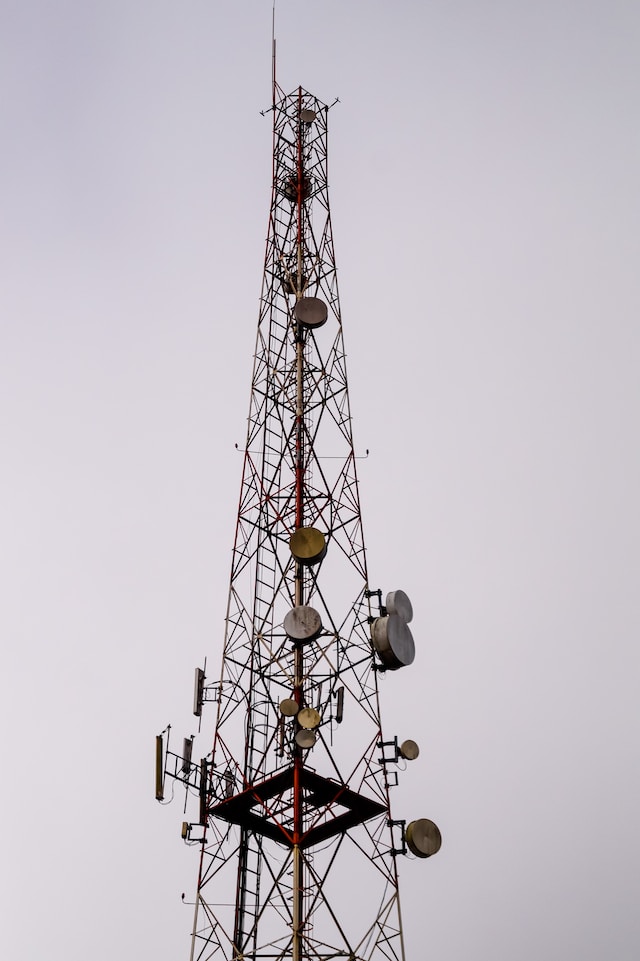Introduction
The world has become a global village, thanks to the internet. It has broken down barriers and connected people from different corners of the globe like never before. With just a click, we can communicate with someone on the other side of the world or even have a virtual face-to-face conversation. The internet has revolutionized how we interact with each other, and it’s remarkable how this technology has impacted our lives in many ways. In this blog post, we will explore the role of the internet in connecting people across borders, its benefits, challenges and how it continues to shape our interactions today.
The Role of the Internet in Connecting People Across Borders
The internet has revolutionized the way we communicate and connect with people across borders. With just a few clicks, you can easily reach out to someone who lives halfway around the world. The internet has made it possible for people to create bridges across different cultures, languages, and nationalities.
Social media platforms like Facebook, Twitter, Instagram have given us the ability to share our thoughts and experiences with others from anywhere in the world. We can stay connected with friends and family who live far away and even make new connections with people from other countries.
In addition to social media platforms, there are also various online communities that bring together individuals who share similar interests or hobbies. These communities allow people from all over the world to come together virtually and exchange ideas on topics they are passionate about.
The role of the internet doesn’t stop at connecting individuals; it also plays a crucial role in enabling businesses to expand their operations globally. E-commerce websites like Amazon, eBay have made it easier for companies of any size to sell their products worldwide without having physical stores in each country.
The internet has transformed how we interact with one another regardless of where we live or what language we speak. It’s an incredibly powerful tool that enables us to break down geographical barriers and foster better relationships between nations while facilitating economic growth through global commerce opportunities.
The Benefits of Connecting Across Borders
Connecting with people from different parts of the world brings numerous benefits. One major benefit is that it promotes cultural exchange and understanding. Through interacting with individuals from diverse backgrounds, we get to learn about their beliefs, customs, and traditions. This helps us appreciate diversity and recognize our similarities.
Another advantage of connecting across borders is that it provides opportunities for networking and collaboration. In today’s global economy, businesses can leverage the internet to connect with partners or customers in other countries easily. This opens up new markets which translates to increased revenue streams.
Furthermore, online communication has made it easier for friends and family members who live far apart to keep in touch regularly. With video conferencing tools like Skype or Zoom, distance is no longer a barrier when it comes to maintaining relationships.
Connecting across borders also promotes personal growth as individuals can broaden their horizons by exploring different cultures through travel or virtual means. It allows one to step out of their comfort zone and embrace new experiences which enhance creativity and develop skills such as adaptability.
The benefits of connecting across borders are plentiful – from fostering cultural awareness to driving business growth – making this an essential aspect in our increasingly interconnected world.
The Challenges of Connecting Across Borders
Connecting across borders through the internet is not without its challenges. One of the biggest hurdles is language barriers. With so many languages spoken around the world, it can be challenging to communicate effectively with people who speak different languages.
Another challenge is cultural differences. What may seem appropriate or acceptable in one culture may not be in another, and this can lead to misunderstandings or even offense being taken by one party.
Internet connectivity can also pose a challenge, particularly for those living in remote areas where access to high-speed internet is limited. This can make it difficult for individuals and businesses in these areas to connect with others around the world.
Security concerns are also prevalent when connecting across borders online. The risk of cyber attacks and data breaches increases as information travels across more networks and borders.
Furthermore, government regulations on internet usage vary greatly from country to country which makes it hard for people to connect freely across all countries without restrictions or censorship.
Despite these challenges, technology continues to evolve rapidly providing new solutions that help overcome some of these obstacles such as translation software that supports various languages and secure communication platforms that protect sensitive information from cyber threats.
Conclusion
In today’s world, the internet has become an essential tool for connecting people across borders. It has broken down barriers and allowed us to communicate with others from different countries and cultures in ways that were unimaginable just a few decades ago.
The benefits of these connections are numerous: we can learn about new cultures, share ideas and experiences, and even collaborate on projects together. However, there are also challenges to consider, such as language barriers or differences in values and beliefs.
Despite these challenges, it is clear that the internet will continue to play a vital role in connecting people across borders. As we move towards a more globalized society, it is important that we embrace this technology as a way to bridge the gaps between us.
So let us celebrate the power of the internet to connect us all – no matter where we come from or what our differences may be. By doing so, we can build bridges instead of walls and create a brighter future for ourselves and generations to come.









